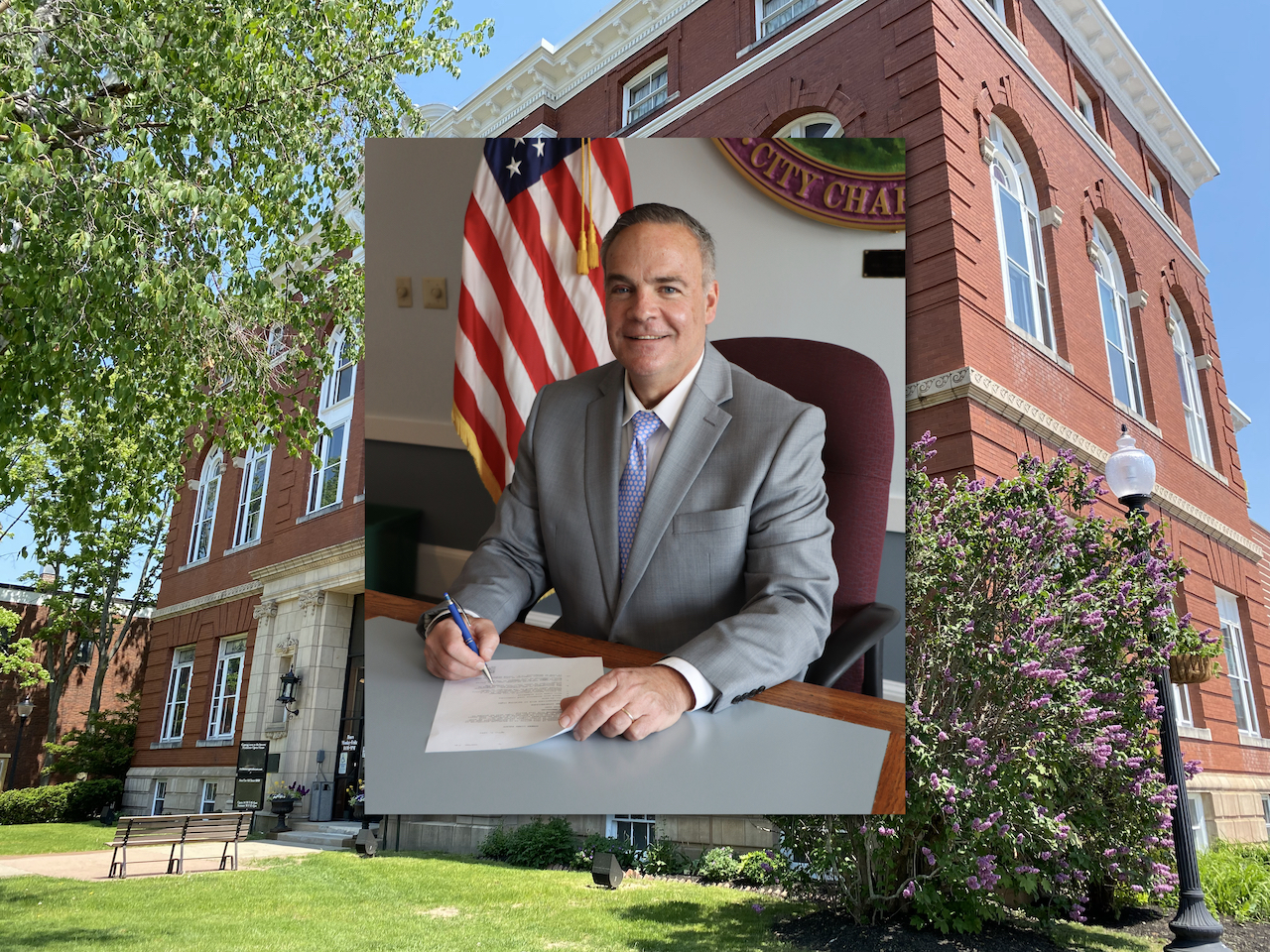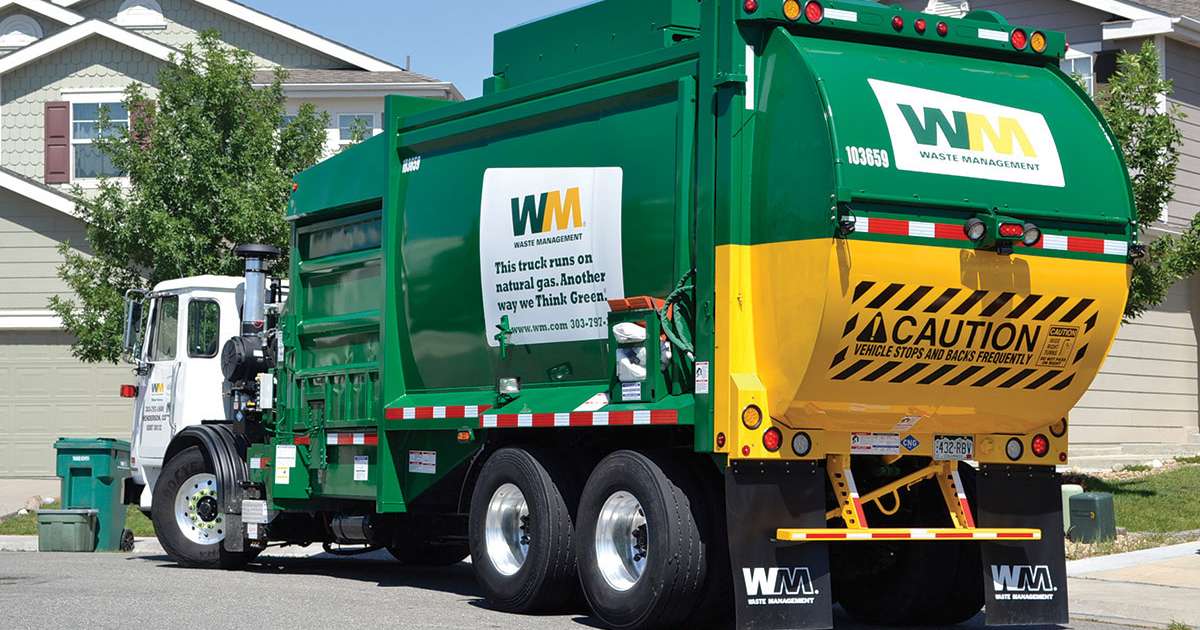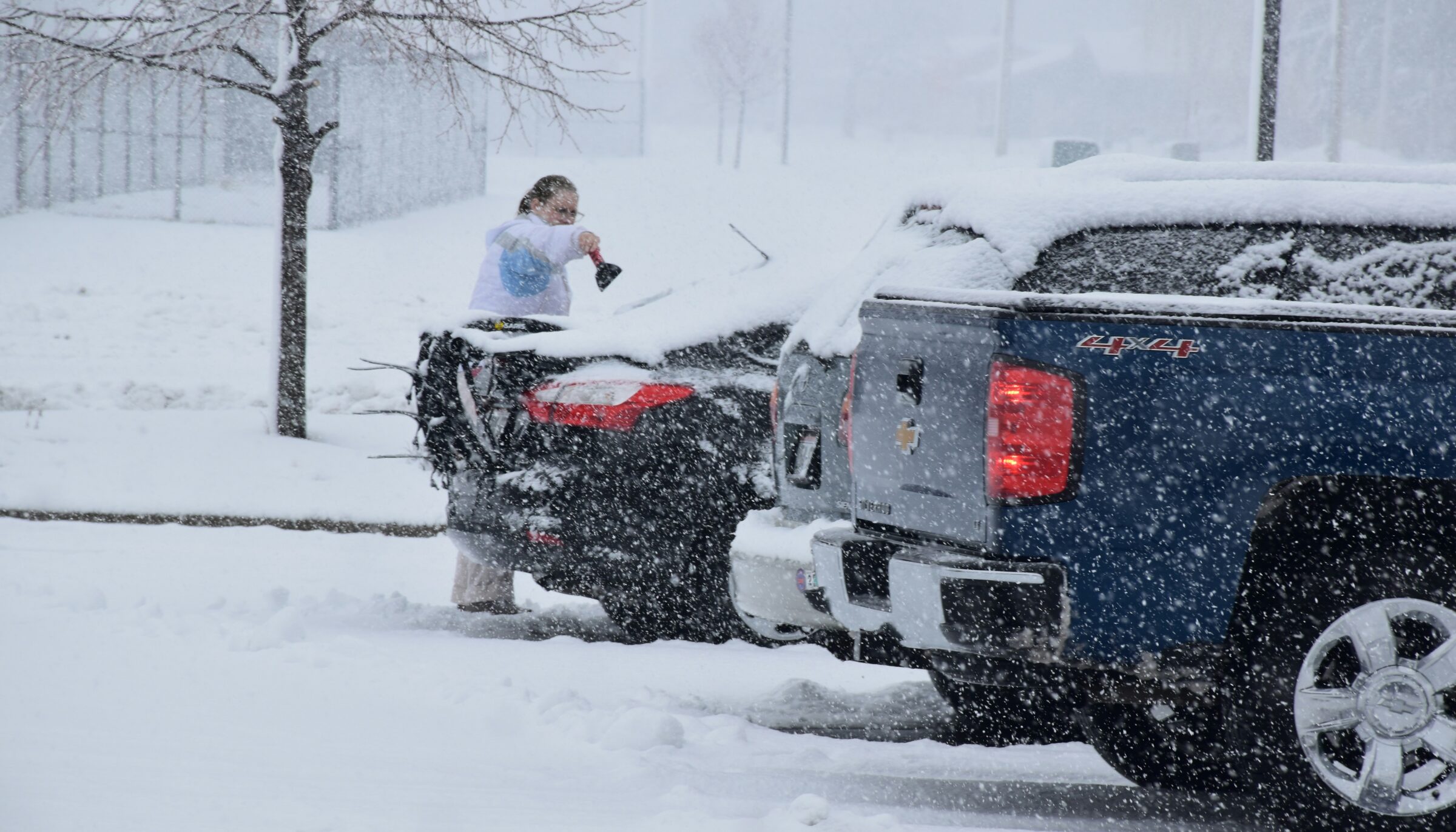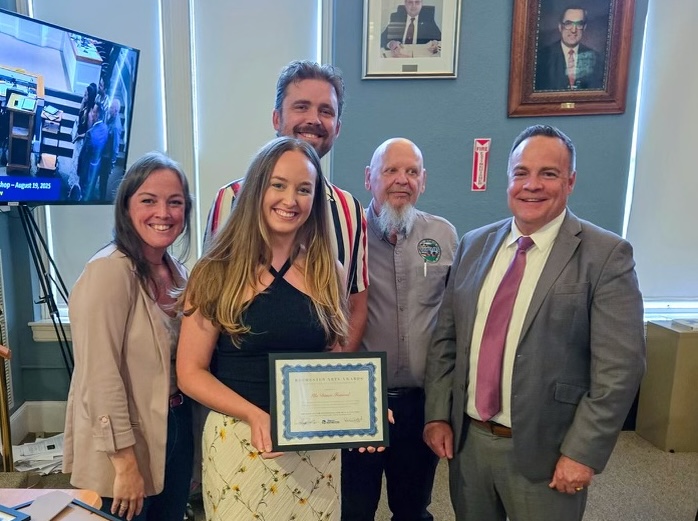During a City Council meeting on Tuesday, April 16, Mayor Paul Callaghan listed several social services and other initiatives that are supported by municipal funding.
The remarks were prompted by recent public comments calling for the City of Rochester to do more to help those in the community who are less fortunate, unhoused, in need of affordable housing options, and/or suffering from mental illness and substance misuse disorder.
In response, Mayor Callaghan tasked the Finance Department to compile a list of municipal contributions towards affordable housing efforts, social services, and charitable organizations.
According to Finance Director Mark Sullivan, the total is “slightly over $1MM” and another “$1.6MM that the City facilitated in FY22 of CDBG grant funding for affordable housing projects” including the Gafney Home and Easter Seals on Champlin Ridge, which both provide affordable housing for seniors.
Some of the City’s financial contributions include the following:
- $3,000 to Casa of NH to support children who have experienced abuse or neglect by advocating for their best interests in court.
- $225,377 to COAST Bus to provide reliable, inexpensive public transportation.
- $28,826 to Cornerstone VNA, an organization dedicated to caring for people of all ages, so that families can stay together at home, even when facing the challenges of aging, surgical recovery, chronic or life-threatening illnesses, or end-of-life care.
- $5,000 to Cross Roads House, an organization that works with individuals and families to stabilize, find housing, and help coach individuals to become thriving members of the community.
- $5,000 to Dover Adult Learning, an organization that helps adults seeking to learn, enhance their skills, and improve their lives through education, job preparation, high school completion, and enrichment classes. The mission is to help students become more effective lifelong learners, family members, workers, and community members.
- $10,000 to Easterseals for medical rehabilitation, vocational services, senior services, substance use treatment, adult day programs, community-based services, individual service options, transportation services, residential service options, and veterans services.
- $2,500 to Haven, an organization with a mission to prevent sexual assault, domestic violence, and stalking, and to support and empower all women, men, non-binary and transgender adults, youth, and families to heal from abuse and rebuild their lives.
- $15,000 to My Friends Place which provides a home-like emergency shelter and transitional housing that includes exceptional support for homeless men, women, and families.
- $8,936 to the SHARE Fund, an organization that provides various types of material and financial support to families and individuals in need during emergencies, food insecurity, or severe hardship.
- $40,000 to SOS Recovery, an organization that helps people find or maintain recovery from problematic drug use while providing safe spaces and peer-based recovery support programs.
- $85,000 to Strafford Community Action for property weatherization improvement assistance. The organization works with eligible families participating in the Fuel Assistance Program (FAP), to make home improvements that can include installing insulation, carbon monoxide and smoke detectors, air sealing, upgrading old appliances with efficient Energy Star appliances, and heating system upgrades.
- $4,000 to Strafford Meals On Wheels, an organization dedicated to promoting the well-being of elderly and disabled adults by providing services to foster independence in their own homes and to prevent or delay the need for institutional care.
- $24,000 to Victim Witness Advocates, which aims to meet the emotional, mental, and physical needs of the family members of homicide victims, co-victims, and witnesses. Their mission is to minimize trauma, revictimization, and the impact of the criminal justice system on those who have been traumatized by crime.
- $5,000 to Waypoint, a teen drop-in center for young people experiencing homelessness or housing instability. Other services include prenatal support, parent education/family empowerment, services for children with developmental concerns or chronic health conditions, child care, mental health counseling, family preservation, supervised visitation, homeless youth continuum, home healthcare for older Americans and adults with disabilities, and advocacy.
- $70,000 to the Warming Center of Strafford County to protect vulnerable individuals from life-threatening extreme weather conditions.
These contributions are in addition to budgeting $252,000 annually for Welfare Direct Assistance to help individuals and families seeking emergency financial assistance, and $100,000 for a Community Outreach Facilitator to assist unhoused individuals to utilize and navigate public resources and obtain services to improve the quality of their lives. The position also holds the distinction of being one of the first of its kind in the State of New Hampshire.
According to Sullivan, the funding commitments are complimented by the City’s other efforts to provide free or reduced rent to nonprofits operating within municipal buildings such as the James W. Foley Memorial Community Center.
The City of Rochester also grants $35MM in annual property tax exemptions to eligible disabled and elderly individuals. $750k of federal ARPA funds were used to purchase the former Saint Elizabeth Seton School to incentivize an affordable housing component. $250k has been allocated to the demolition of the former Public Works Garage on Old Dover Road to create additional affordable housing. Further, the City recently received $160,000 in grant funds to invest in opioid abatement initiatives.
When it comes to supporting community nonprofits and preventing homelessness, Callaghan stated “We’re on the cutting edge” and “The homeless issue is definitely complex, but I want to get it out there that we’re doing a heck of a lot more than what we’ve heard recently.”
Callaghan finished by directly responding to the question of ‘What is Rochester doing to assist those in need’ by highlighting the City’s continued efforts to support social services in the annual budget, create jobs, promote affordable housing, and fund training programs and other educational opportunities, concluding “We’re doing a tremendous job”.








